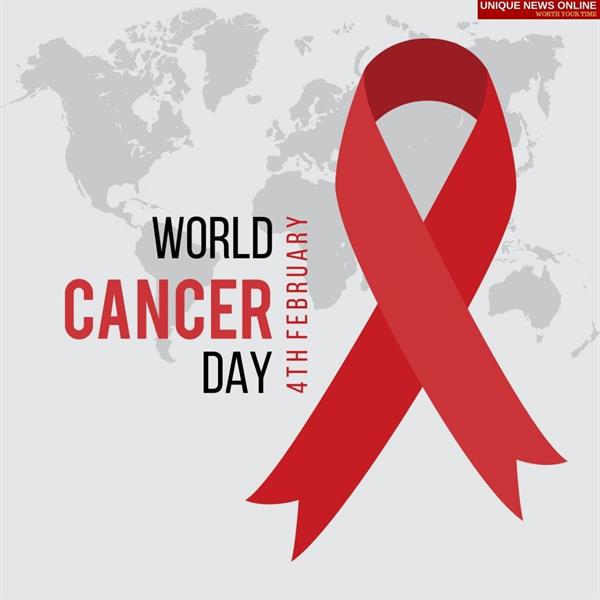Saint Lucia joins the rest of the world in making a commitment and taking actions to close the cancer care gap.
Health officials, oncologists, cancer organizations, cancer survivors and other individuals join together in observing World Cancer Day on February 4th under the theme, 'Closing the Care Gap.'
World Cancer Day is commemorated by creating awareness centered around activities to identify and address the barriers that exist in people accessing quality cancer care.
Consultant Oncologist at the Millennium Heights Medical Complex Dr. Owen Gabriel placed great emphasis on ensuring there is access to quality cancer care such as screening, early detection and treatment for everyone.
“From the standpoint of the government and NGOs, it is important that we have those facilities and services like mammograms that are available to the population at risk free of charge as well as the availability of pap smears, prostate examinations and so on. We need to have that within our primary health care setting as well as our secondary health care setting and so that those patients who are diagnosed can be treated adequately.” Dr. Gabriel says.
President of Faces of Cancer St. Lucia Dorothy Phillip highlights her future hopes in the challenge to close the cancer care gap in Saint Lucia.
“In the UK, every cancer patient that is diagnosed they do gene sequencing on that person where they could match up the person genes with all the modalities and all the drugs for the persons cancer and which ever has the higher percentage that is what is being used for that person. But in Saint Lucia we are far off. We are no where close to doing gene sequencing right here as yet. That is one of the important things I would like to see bought into Saint Lucia in order to close the care gap and would like to see it for everybody, not just privately but in the public sector also.” Explains Phillip
Dr. Owen Gabriel also calls on individuals to play their part and to do the necessary screening for cancer.
“I think it is important that every individual becomes cognizant of whatever risk factors they may have as individuals, as part of a family and as part of the environment in which they work. For example, we know that prostate cancer can be inherited from father to son and so on within the family; we know persons who work in high risk areas if you exposed to pesticides like farmers if you exposed certain environmental risk factors, radiation and so on, which could lead to the development of cancer. So, individuals have to make that conscious effort to get checked annually at least, get screened so that we can get early detection and then have a good outcome once we detect that cancer.” Dr. Gabriel asserts.

The Ministry of Health proudly supports the World Cancer Day campaign of addressing inequalities in cancer care and reducing the impact of cancer.